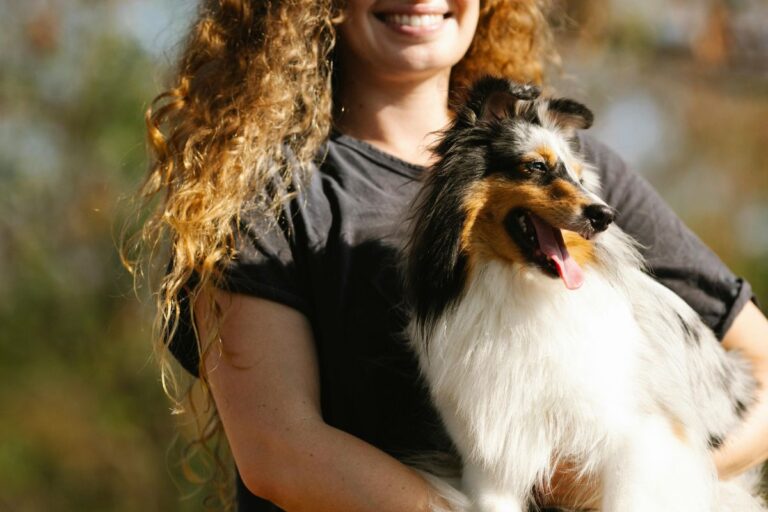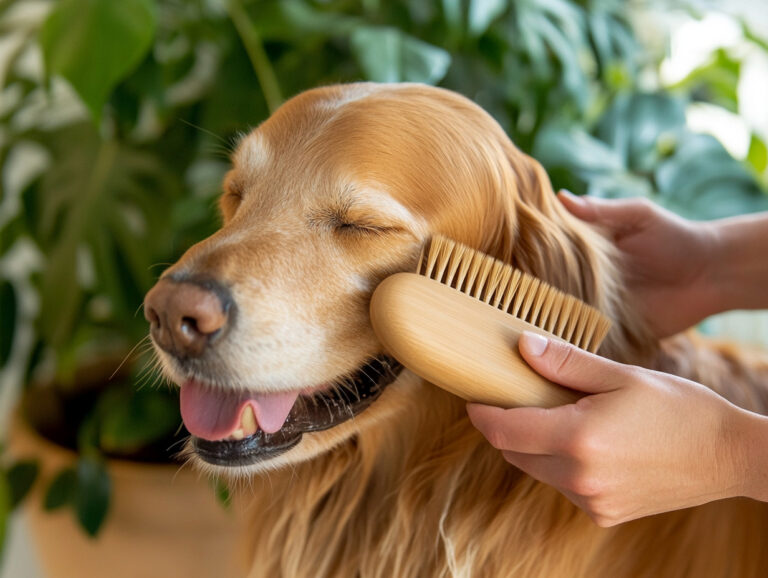8 Types of People Who Should Not Own A Dog
Dogs are loving, loyal, and often referred to as “man’s best friend,” but they also come with a great deal of responsibility. Owning a dog isn’t just about providing food and shelter — it requires time, attention, commitment, and energy. While dogs can make wonderful companions, not everyone is suited to be a dog owner. Certain lifestyles, personality traits, or situations may make dog ownership a challenge or even harmful for both the dog and the owner. Here’s a look at some of the types of people who should not own a dog, and why they may not be the best fit for a canine companion.
1. People with a Lack of Time
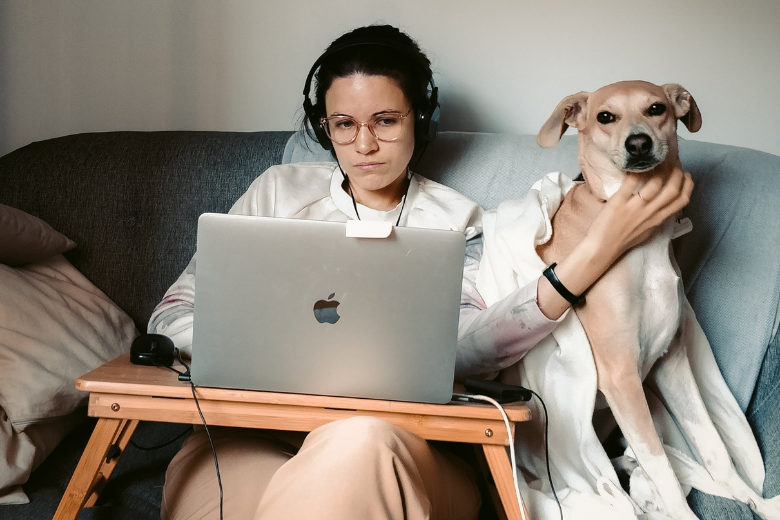
Dogs require significant time and attention. From feeding and grooming to exercise and play, dogs need daily care to stay happy and healthy. If you have a hectic schedule that leaves little time for your dog, such as long work hours, frequent travel, or other commitments that take priority, it may be difficult to provide the level of care that a dog needs. Dogs, especially puppies, thrive on routine and human interaction, and without enough time for daily walks, playtime, and companionship, a dog can become lonely, anxious, or destructive.
2. People with a Limited or Inadequate Living Space
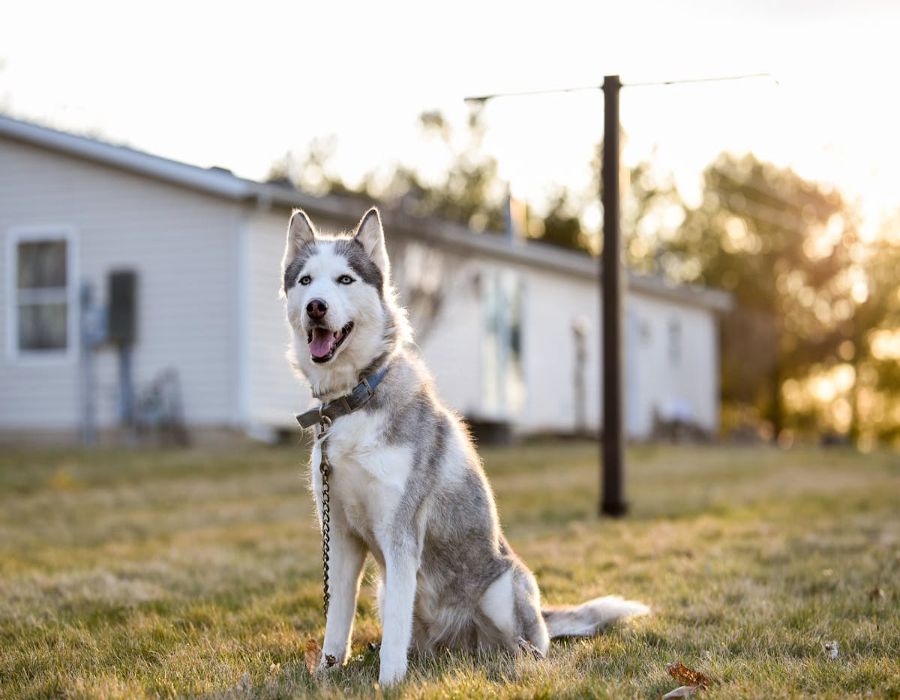
Some dogs, particularly larger breeds, need plenty of space to move around. If you live in a small apartment or a home without a yard, you may not be able to meet the needs of an active dog. Dogs like Labradors, German Shepherds, and Mastiffs require ample space and regular outdoor exercise. Living in a cramped space without access to outdoor areas may lead to boredom, anxiety, and behavior issues. Additionally, some apartment complexes may have restrictions on pet ownership or breed restrictions that could make it difficult to own a dog.
3. People with Health Issues

Owning a dog can be physically demanding, and it requires an individual to be able to keep up with daily responsibilities such as walking, playing, and grooming. People with certain health conditions, such as chronic illness, mobility issues, or severe allergies, may find it difficult to care for a dog properly. For example, dog allergies can make it impossible to live comfortably with a dog, and mobility issues can limit your ability to walk or exercise a dog. It’s important to be physically able to care for a pet before committing to dog ownership.
4. People Who Are Frequently Away from Home

Dogs are highly social animals that crave interaction and companionship. If you travel frequently or are often away from home for long periods, a dog may not be the right pet for you. Dogs that are left alone for extended periods can suffer from separation anxiety, leading to destructive behavior like chewing, barking, and house soiling. If you’re unable to provide regular companionship or cannot arrange for a pet sitter, dog walker, or another person to care for your dog while you’re away, the dog may experience emotional distress.
5. People Who Are Not Prepared for Long-Term Commitment

Dogs live for an average of 10 to 15 years or more, depending on the breed. Owning a dog is a long-term commitment that involves time, effort, and money. If you’re not ready to make that long-term commitment, it’s better not to own a dog. People who have a lifestyle that’s prone to frequent moves, or those who aren’t sure if they can maintain the commitment for the dog’s lifetime, should reconsider getting a dog. A dog’s emotional well-being can be severely affected by abandonment or instability, and it’s unfair to bring a dog into a situation where it won’t receive the love and care it deserves.
6. People Who Are Financially Unprepared

Dogs can be expensive to care for. From vet visits, vaccinations, and spaying/neutering to food, toys, grooming, and training, the costs of dog ownership can add up. Unexpected health issues, such as emergency surgery or illnesses, can lead to even higher costs. People who are financially unstable or not prepared for the financial commitment of pet ownership may find it difficult to provide the necessary care for a dog. It’s important to have the resources to meet the financial needs of a dog before deciding to adopt one.
7. People Who Are Not Ready for the Responsibility
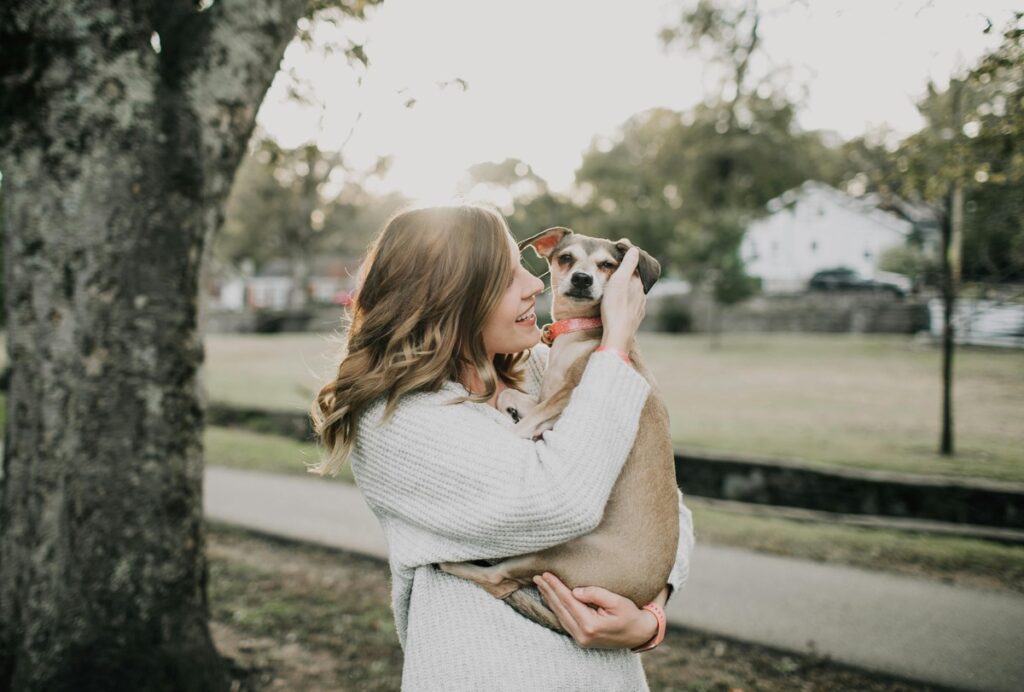
Owning a dog is a lot of responsibility. It’s not just about feeding and providing shelter — dogs require constant supervision, training, and emotional support. People who are not ready for the day-to-day responsibilities of dog care, such as cleaning up after them, training them, and providing attention, may struggle to meet their dog’s needs. Dogs also require routine vet checkups, and owners must be prepared to give them the attention and care they deserve. If you’re not ready to take on the responsibility of a pet, owning a dog may not be the right choice.
8. People Who Are Unwilling to Train a Dog

Training is an essential part of dog ownership. Whether it’s teaching your dog basic commands, potty training, or socialization, proper training is critical to ensuring that your dog is well-behaved and safe. People who are not willing to invest time in positive reinforcement training or aren’t able to deal with behavioral challenges may find dog ownership overwhelming. Some breeds, like Border Collies or German Shepherds, require mental stimulation and consistent training to prevent behavioral problems. If you’re not ready to put in the time and effort to train a dog, it’s better to wait until you’re prepared.
Conclusion

While dogs can make wonderful companions, not everyone is suited to be a dog owner. From a lack of time and space to not being prepared for the long-term commitment, certain lifestyles and personality traits may make dog ownership difficult. It’s important to be honest with yourself about your readiness for the responsibilities of caring for a dog. If you’re not in a position to meet their physical, emotional, and financial needs, it might be best to wait until your circumstances change. By considering your lifestyle and needs, you can make a responsible decision about whether or not a dog is the right pet for you.



